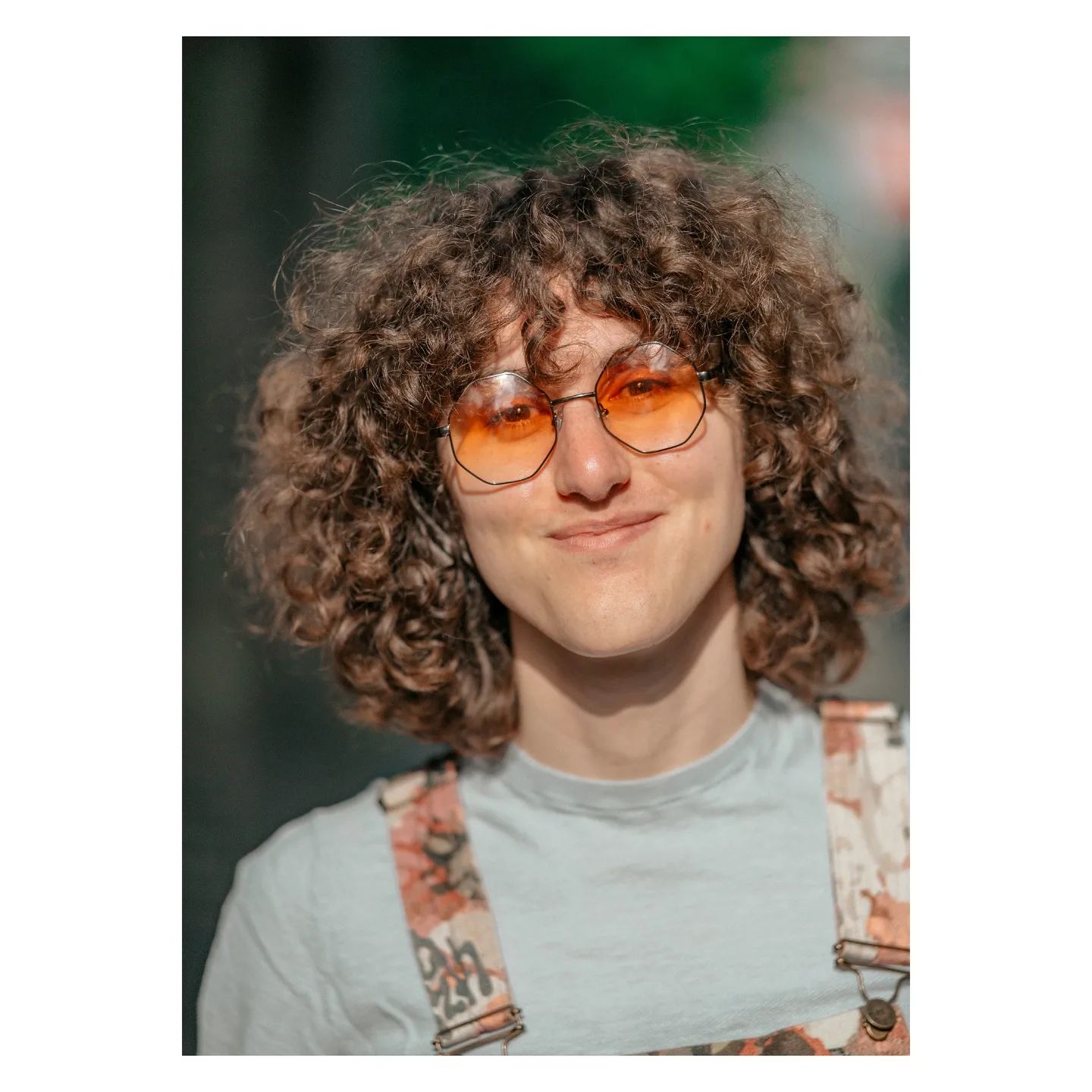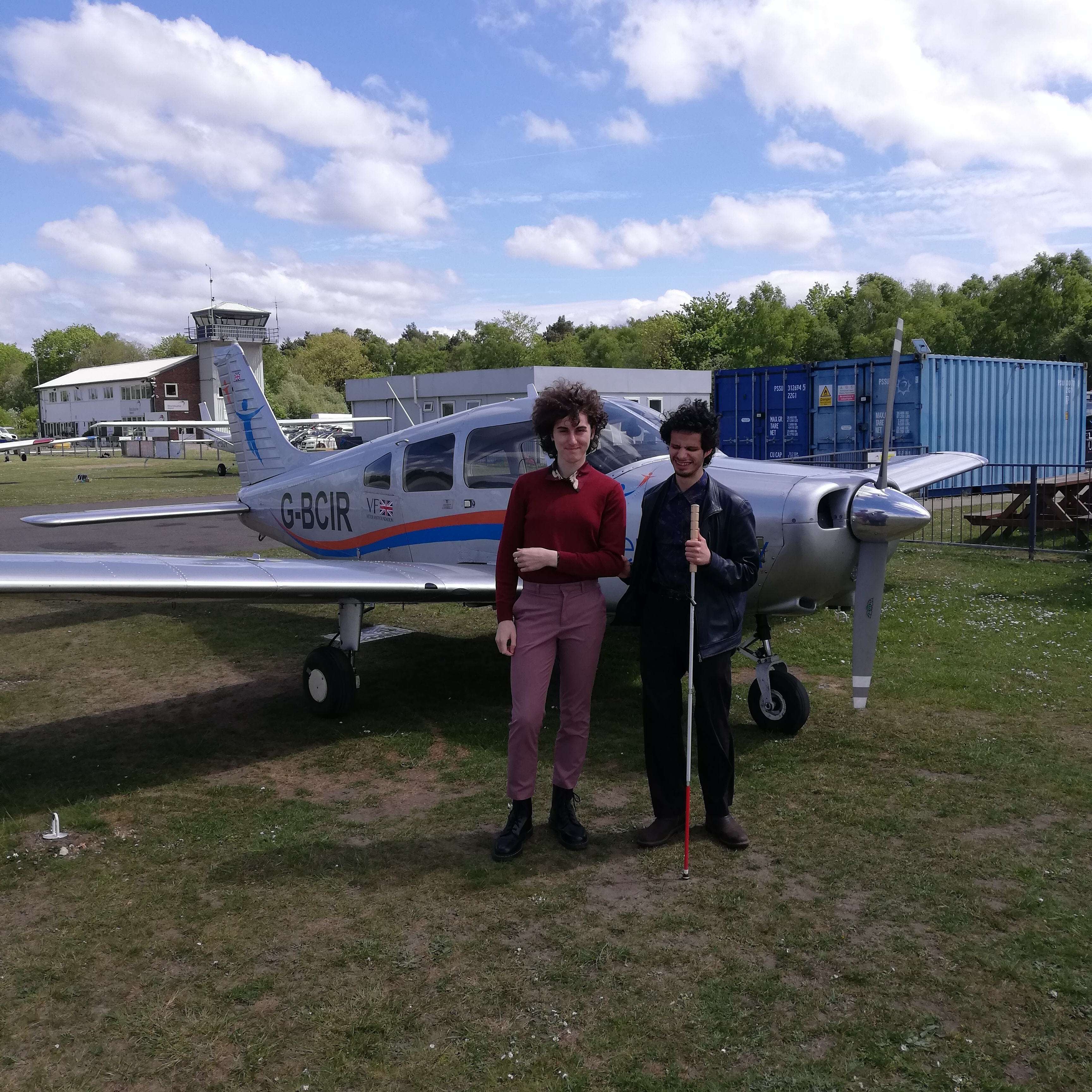Hello!
I am a PhD student under the supervision of Prof. Jamie Vicary at the Computer Laboratory of the University of Cambridge. Within the department, I work as a member of the Cambridge Logical Structures Hub (CLASH.)
My research interests are focused around internal languages of higher structures, such as higher dimensional categories. These normally take the form of dependent type theories, such as Homotopy Type Theory (HoTT) for groupoids, but I am also interested in diagrammatic calculi.
I am currently working on comparison problems between globular weak omega-categories and other models of higher categories, such as complicial sets. By using the type theory CaTT as a syntax for omega-categories, these problems can be stated in terms of building tactics to algorithmically fill certain families of types in CaTT, such as cones or cyliders.
Research Projects
CaTT contexts are finite computads
Paper with Thibaut Benjamin and Ioannis Markakis, to appear in MFPS 2024.
Two novel descriptions of weak omega-categories have been recently proposed, using type-theoretic ideas. The first one is the dependent type theory CaTT whose models are omega-categories. The second is a recursive description of a category of computads together with an adjunction to globular sets, such that the algebras for the induced monad are again omega-categories. We compare the two descriptions by showing that there exits a fully faithful morphism of categories with families from the syntactic category of CaTT to the opposite of the category of computads, which gives an equivalence on the subcategory of finite computads. We derive a more direct connection between the category of models of CaTT and the category of algebras for the monad on globular sets, induced by the adjunction with computads.
Homotopy.io
Paper with Nathan Corbyn, Lukas Heidemann, Nick Hu, Calin Tataru and Jamie Vicary, to appear in FSCD 2024.
We present the proof assistant homotopy.io for working with finitely-presented semistrict higher categories. The tool runs in the browser with a point-and-click interface, allowing direct manipulation of proof objects via a graphical representation. We describe the user interface and explain how the tool can be used in practice. We also describe the essential subsystems of the tool, including collapse, contraction, expansion, typechecking, and layout, as well as key implementation details including data structure encoding, memoisation, and rendering. These technical innovations have been essential for achieving good performance in a resource-constrained setting.
Posetal Diagrams
Paper with Jamie Vicary, published in proceedings of ACT 2023.
We now have a wide range of proof assistants available for compositional reasoning in monoidal or higher categories which are free on some generating signature. However, none of these allow us to represent categorical operations such as products, equalizers, and similar logical techniques. Here we show how the foundational mathematical formalism of one such proof assistant can be generalized, replacing the conventional notion of string diagram as a geometrical entity living inside an n-cube with a posetal variant that allows exotic branching structure. We show that these generalized diagrams have richer behaviour with respect to categorical limits, and give an algorithm for computing limits in this setting, with a view towards future application in proof assistants.
Zeta-regularized Lattice Field Theory with Lorentzian background metrics
Preprint with Tobias Hartung and Karl Jansen, 2022.
Lattice field theory is a very powerful tool to study Feynman’s path integral non-perturbatively. However, it usually requires Euclidean background metrics to be well-defined. On the other hand, a recently developed regularization scheme based on Fourier integral operator zeta-functions can treat Feynman’s path integral non-pertubatively in Lorentzian background metrics. In this article, we formally zeta-regularize lattice theories with Lorentzian backgrounds and identify conditions for the Fourier integral operator zeta-function regularization to be applicable. Furthermore, we show that the classical limit of the zeta-regularized theory is independent of the regularization. Finally, we consider the harmonic oscillator as an explicit example. We discuss multiple options for the regularization and analytically show that they all reproduce the correct ground state energy on the lattice and in the continuum limit. Additionally, we solve the harmonic oscillator on the lattice in Minkowski background numerically.
Talks
I have given the following scientific talks:
- Posetal diagrams, ACT conference, Maryland (remote), August 3rd 2023,
- Posetal diagrams, YAMCATS seminar, Leeds, June 19th 2023,
- Posetal diagrams, POODLE seminar, Oxford, June 8th 2023,
- On some impossible properties of the affine line object, Part III seminar, Cambridge, April 3rd 2022.
Gallery



